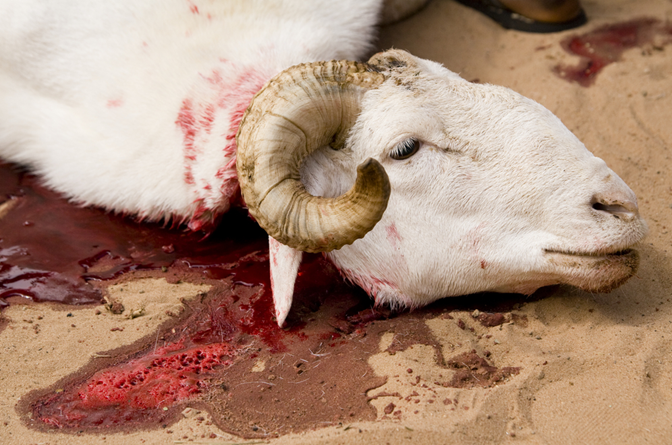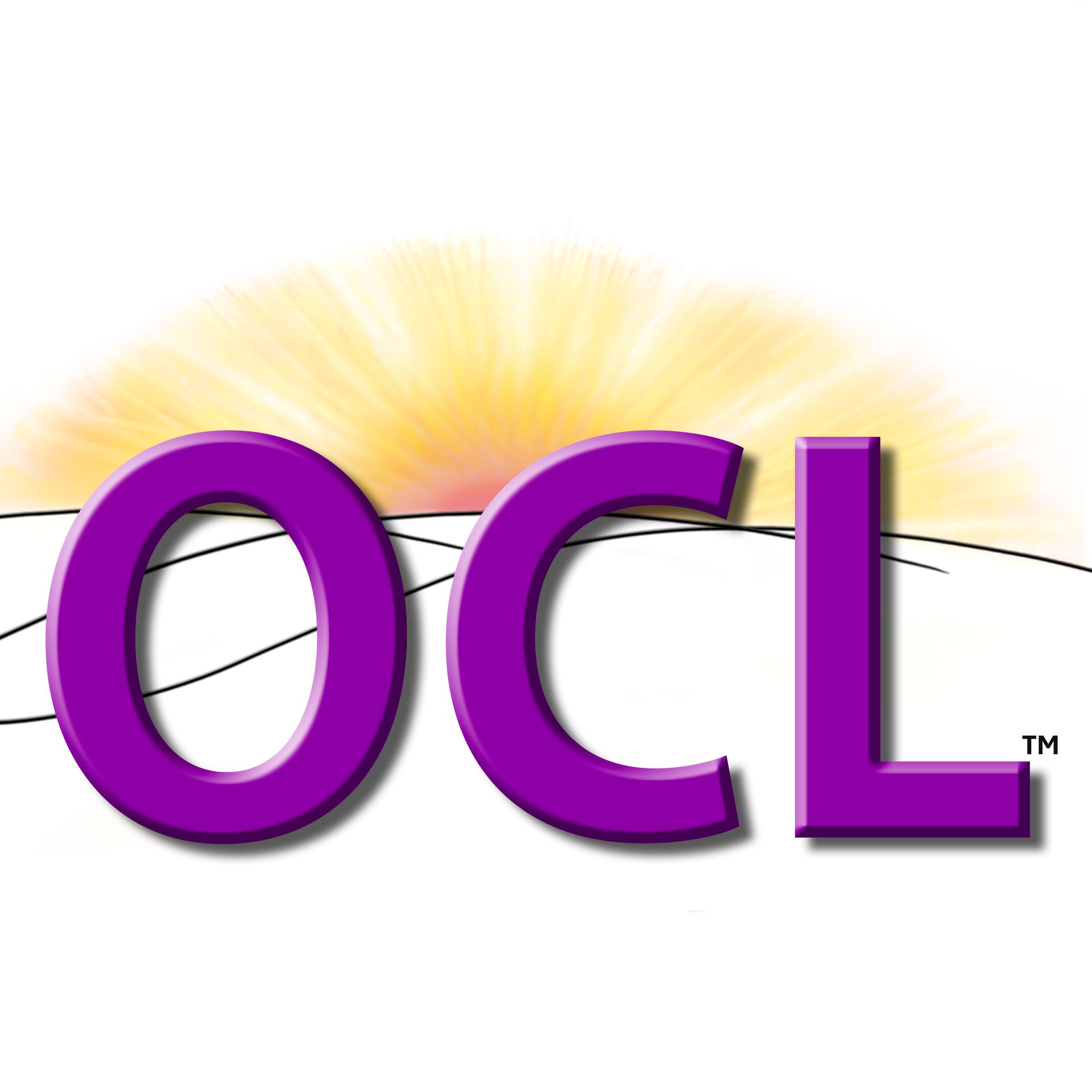EID AL-ADHA 2021
Teri Fedler
July 21, 2021

“Muslims around the world will be celebrating Eid al-Adha in the coming days. The annual celebration, often called “the big Eid”, is considered the more important religious event compared to Eid al-Fitr, which comes after Ramadan. The celebration marks the end of the Hajj, or the Islamic pilgrimage to Mecca, which is one of the 5 pillars of Islam, and is obligatory for those who are financially and physically able to complete it once in their lifetime.” “Eid al-Adha, which translates to "festival of sacrifice", is a 4 day celebration, which falls on the 10th day of the 12th month of the Islamic lunar calendar, known as Dhu al-Hijjah. Islam uses the lunar calendar, so the date for Eid changes every year depending on the sighting of the new moon, which signals the start of the month. This year, Eid al-Adha will be celebrated on 20 July in most countries, depending on the sighting of the moon.” “The festival is symbolic of an important story within Islamic tradition. It celebrates the willingness of the Prophet Ibrahim to sacrifice his son Ismael in obedience to a command of God. Muslims believe that the Prophet Ibrahim was spared the heartbreaking sacrifice when God provided him with a lamb to slaughter instead. The sacrifice is a reminder of the prophet’s willingness to give up something precious to him for the sake of God, and reminds Muslims to place their relationship with God before worldly concerns. The story is similar to Christian and Jewish accounts, in which God asked Abraham to sacrifice his only son, Isaac, but then spared him from doing so.” - “In present-day, [thousands of] animals - typically goats, lambs or cows [and even camels or bulls as reported]- are still sacrificed to mark the occasion. Khalil, a professor of religious studies and director of the Muslim studies program at Michigan State University, says that while there are Muslims who engage in this practice in the U.S., some Muslims will work with a company to pay for meat to be distributed in other countries where there is a great need. The meat from the animals sacrificed is shared with the community and food banks in areas where there are impoverished or food-insecure Muslims, said Anna Bigelow, associate professor of religious studies at Stanford University.” (It is reported that Muslims do not give meat to starving and poor Christians – who are the son of God in the flesh in Jesus’s name; only Muslims.) “Safi said for many poor Muslims, Eid al-Adha marks an occasion where they receive meat.” “Celebrations normally include spending time with friends and family, wearing new attire and giving gifts.” “In certain countries or regions, there are dishes that are made to celebrate the holiday.” “Khalil says there is usually a big communal religious ceremony or service, which includes a prayer and a sermon.” (“In the age of COVID-19, there are exceptions. "Each community is different. Some communities may cancel the prayer, some may hold it outdoors with social distancing, while others may hold it indoors, so on," Khalil said.)
read more...

